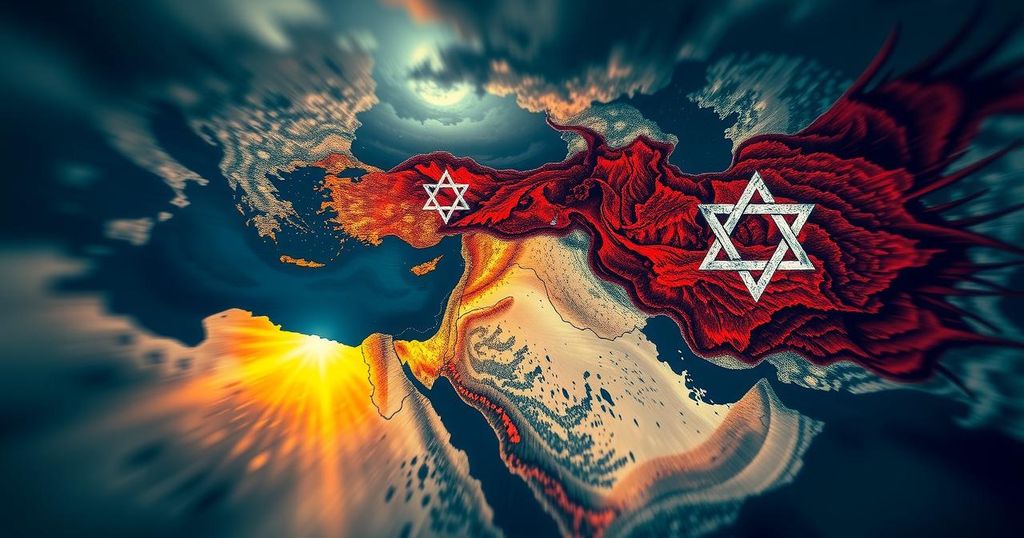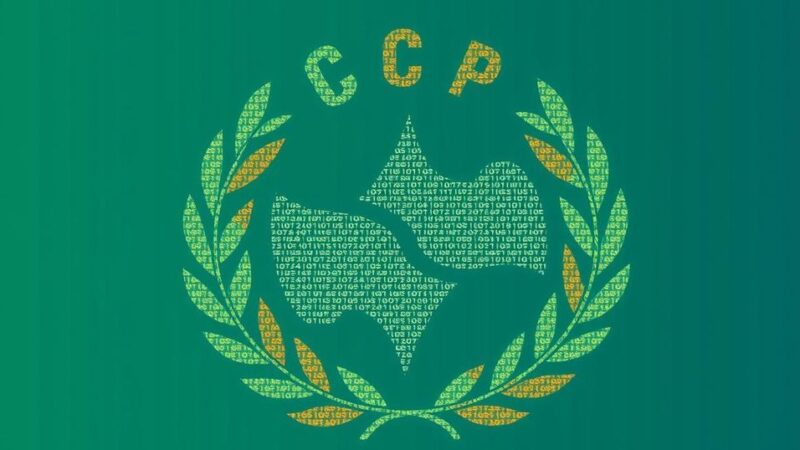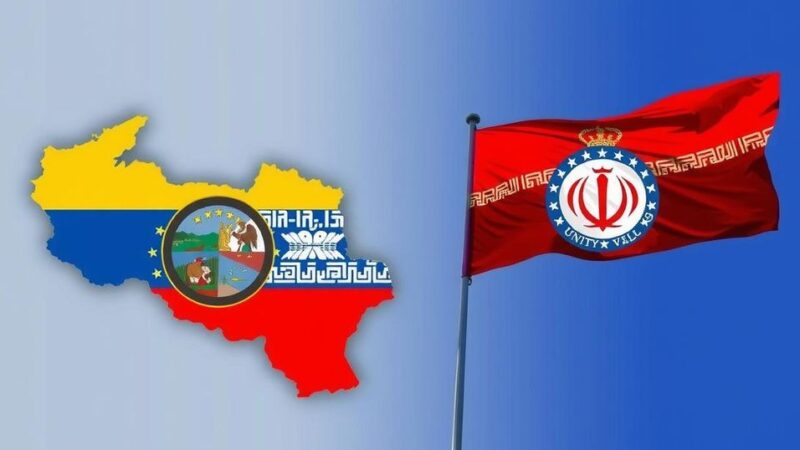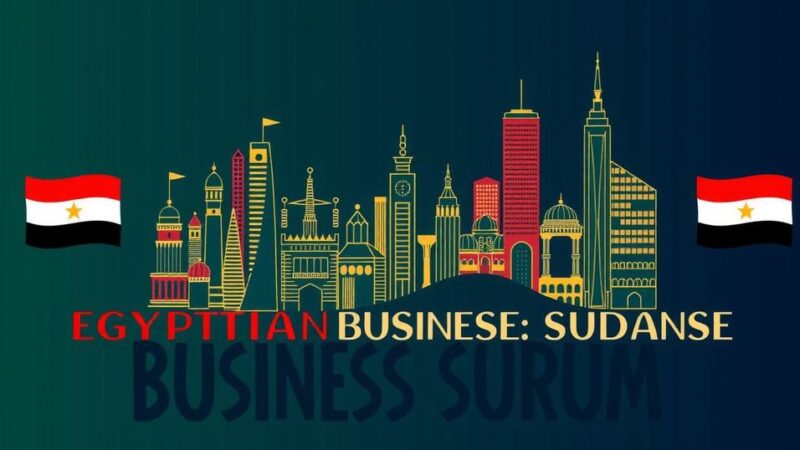Recent geopolitical developments indicate a pivot in Saudi Arabia’s foreign policy from seeking normalization with Israel to strengthening ties with Iran, as the kingdom stresses the need for Israel to acknowledge Palestinian statehood as a prerequisite for future diplomatic agreements.
In the evolving landscape of Middle Eastern geopolitics, recent dynamics reveal a significant shift in Saudi Arabia’s diplomatic posture. Prior to the Hamas attacks on October 7, 2022, there was momentum towards normalizing relations with Israel, a move deemed capable of redrawing alliances across the region. However, one year into the ongoing conflict in Gaza, Saudi Arabia has redirected its efforts towards rapprochement with Iran, historically viewed as its adversary. The normalization deal with Israel, once considered imminent, has effectively receded from the horizon. Recent developments, including the elimination of Hamas leader Yahya Sinwar, were anticipated to catalyze a peace initiative, yet have not borne fruit. Instead, Saudi Arabia has linked any potential diplomatic engagement to Israel’s acknowledgment of a Palestinian state. This marks a significant policy shift for the kingdom, which has long operated under a different diplomatic architecture. A noteworthy diplomatic détente appears to be unfolding in the region, diverging from the objectives articulated by Israeli Prime Minister Benjamin Netanyahu, who remains optimistic about achieving a deal with Riyadh. This month, Persian Gulf nations convened with their Iranian counterpart for the first time, signaling the beginnings of a fragile reconciliation process amidst historical sectarian rivalries that have engendered vast bloodshed across the region. Iranian Foreign Minister Abbas Araghchi has also engaged in extensive regional diplomacy, visiting Saudi Arabia before proceeding to Iraq, Oman, Jordan, Egypt, and Turkey, marking a significant engagement that has not occurred with Egypt for over a decade. His remarks upon arrival in Istanbul underscored a shared regional concern regarding the escalation of conflict, particularly the effects of the Gaza and Lebanon wars on displaced populations.
The Middle East has long been characterized by intricate alliances and rivalries, particularly between Sunni-majority Saudi Arabia and Shia-majority Iran. Following the Arab Spring and increasing regional instability, the prospects for peace and normalized relations have often hinged on complex political considerations. Initially, Saudi intentions toward Israel were framed within a broader strategy to isolate Iran and bolster its position in the region. However, the reality of ongoing warfare, particularly the war in Gaza, has prompted a recalibration of priorities, with Saudi Arabia now emphasizing Palestinian rights as a precondition for future relations with Israel.
In conclusion, the current trajectory of Middle Eastern diplomacy suggests a marked departure from previous aspirations for Saudi-Israeli normalization. The kingdom’s newfound engagement with Iran, coupled with its insistence on Palestinian recognition as a precondition for negotiations, highlights a significant reshaping of regional alliances. As diplomatic relationships evolve, the implications for peace and stability in a historically tumultuous region remain uncertain but critical to monitor.
Original Source: www.nytimes.com






